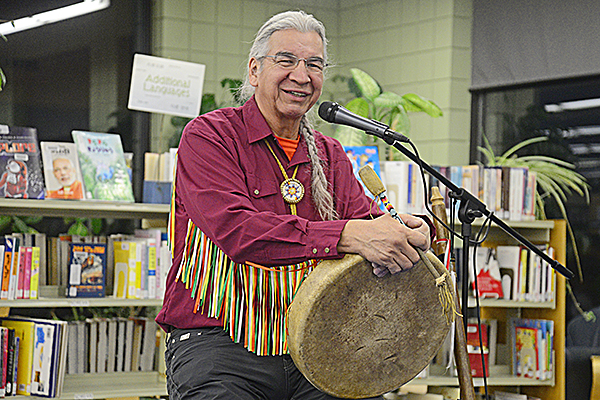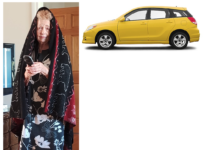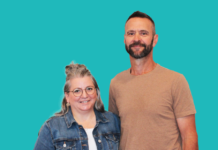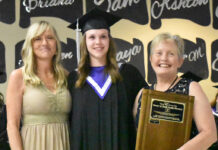
Aboriginal storyteller Joseph Naytowhow shared some deeply personal memories and shocking truths during an evening at the Swift Current Library on February 22.
Appearing as the featured guest at Aboriginal Storytelling with Joseph Naytowhow last Wednesday, the 64-year-old shared some of the realities he experienced during and following the Sixties Scoop. He left the Sturgeon Lake First Nation northwest of Prince Albert at the age of six to be, as he calls it, “trained a different way”. This removed him from his stories, his people, his family, and his culture for 13 years.
“As time goes on it’s like we need to tell the truth about this Canadian history – white Canadian history, First Nations history, Metis – that relationship. So we need to tell that difficult story,” Naytowhow explained.
“It seems to be more critical now to share those stories because people are ready to listen.”
“That’s important. When they’re ready to listen, then they’re ready to learn.”
Naytowhow spoke for over an hour and a half, sharing insights into his personal life, and reflecting on things he has experienced and things he went through.
“I didn’t come out too bad. It was tough. It was really tough. More psychological than anything else,” he told the small group at the event. “Physical and emotional mostly that, I experienced a lot of sufferings from those two areas.”
“Everything else I could return back. The cultural part. The spiritual part. I found my way back. I realized that was not going to be easy to take away from my people.”
“So that sustained me. It would help me later on, when I turned 20. And it did. It helped me big time. I picked up the drum.”
Naytowhow is passionate about the arts, as drumming, dance and music helped him reconnect with his culture and the spiritual aspect of who he is.
“That’s what made me come through all those difficulties. That’s what helped.”
“I’m probably a living example of the old way. I still carry a drum. The young people in this generation are also going into the same tradition with the drum and the dancing,” he said. “They do have that passion to sing, to understand how drumming is important to the community.”
Despite the trauma of spending 13 years in a residential school setting, Naytowhow admits that he looks back on the experience and feels that his culture ended up providing him with a ‘shroud of protection’ despite being indoctrinated to not find respect or regard for that culture.
“I feel like I was protected while I was in Residential School as well. I don’t see how I could have gone through that experience without some kind of protection from somewhere.”
And, his efforts to reconnect to that rich heritage, was a life saving experience.
“The stories linked me to a really rich culture, and with those stories it kept me searching for more stories.”
“That’s what made me come through all those difficulties. That’s what helped.”
He has now been a storyteller for 40 years, and he enjoys reaching new audiences of all ages, as he hopes to share a variety of messages.
“If it’s kids, I’ll probably go into more of the stories about heroes in our culture. That has simple teachings about land, about nature, about animals and trees. And a little about residential schools, the things that happened to me as a child.”
“These are hard stories, but they have to be told, for a while.”
Naytowhow also participated in storytelling events in Ponteix and Maple Creek to close out last week as part of a tour organized by Chinook Regional Library Director Jean McKendry.
In her introduction at Swift Current’s event, McKendry highlighted that February is Aboriginal Storytelling month in Saskatchewan. This is an important time in light of the Truth and Reconciliation Commission 94 recommendations, which are calls to action to redress a darker chapter in Canadian culture that needs to be included and remembered.
“Native voices need to be heard. And storytelling helps to amplify native voices. We all need to listen with respect,” she said.





